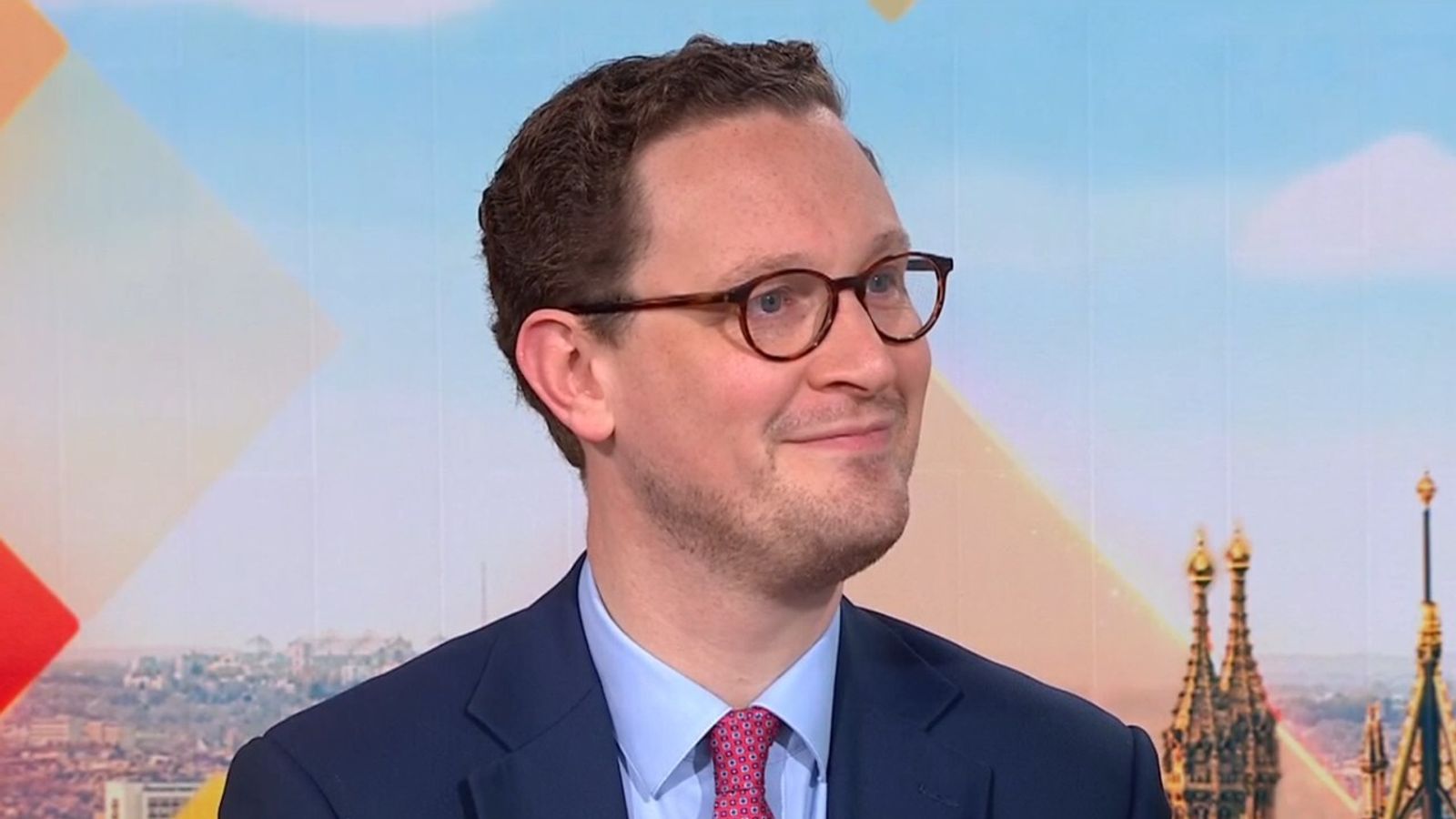Europe is becoming more aware of itself as an economic and trading power – that’s the message from France’s secretary of state for European affairs, Laurence Boone. She talks about the new tools the EU has given itself to take on unfair competition, especially from Chinese companies, but she also downplays the warnings of a possible conflict with the United States over subsidies. Boone also outlines the latest moves when it comes to sanctions on Russia and EU support for Ukraine and Moldova.
“Europe is realising and acknowledging that it is a strong financial and regulatory power,” Boone says about the EU’s response to US subsidies. “The EU is making EUR400 billion available immediately, in the form of state aid and tax credits, or through the cohesion funds. That matches the US Inflation Reduction Act. But this does not mean a subsidy war with the US. Because we respect rules-based governance. What we’ve discussed with the US is total transparency. So when a European company wants to settle in the US, the US will communicate transparently with us on that, and we will offer them exactly the same transparency if companies want to settle in Europe.”
On competition with China, Boone says; “Europe is becoming commercially assertive. We have to detect excessive subsidies given to companies that are funded by third countries – I’m talking about China among others – that try to come to the EU and sell their goods in a completely unfair competition. With the new tools that we have, which we will use, those companies won’t be able to do that. For example, if electric vehicles are over-subsidised, they will have to pay some taxes, and we will restore the level playing field. I think the era of European naivety about ‘fair’ competition in a global world is over.”
Boone also touches on the preparations for a 10th package of EU sanctions on Russia. “We are pursuing and deepening the sanctions, to weaken their industry and military capacity. We already have sanctions on individuals; we have sanctions on dual-use goods that can be used for civilian and military purposes; on electronics; on chips getting into drones; on materials needed for planes. You don’t have a plane in Russia now that can be repaired with western materials. I think the objective, at the end of the day, Russia is not able to do such a thing again, ever.”
Programme prepared by Sophie Samaille, Perrine Desplats and Isabelle Romero





